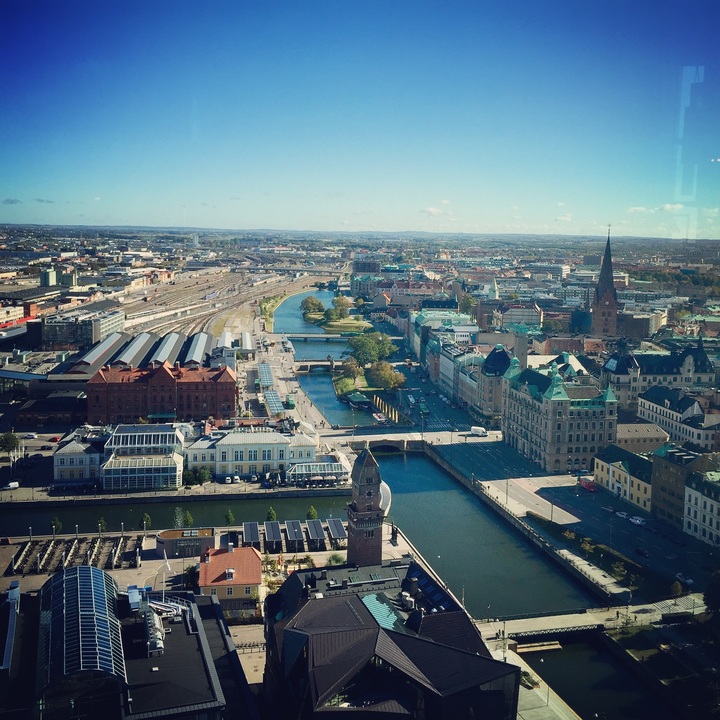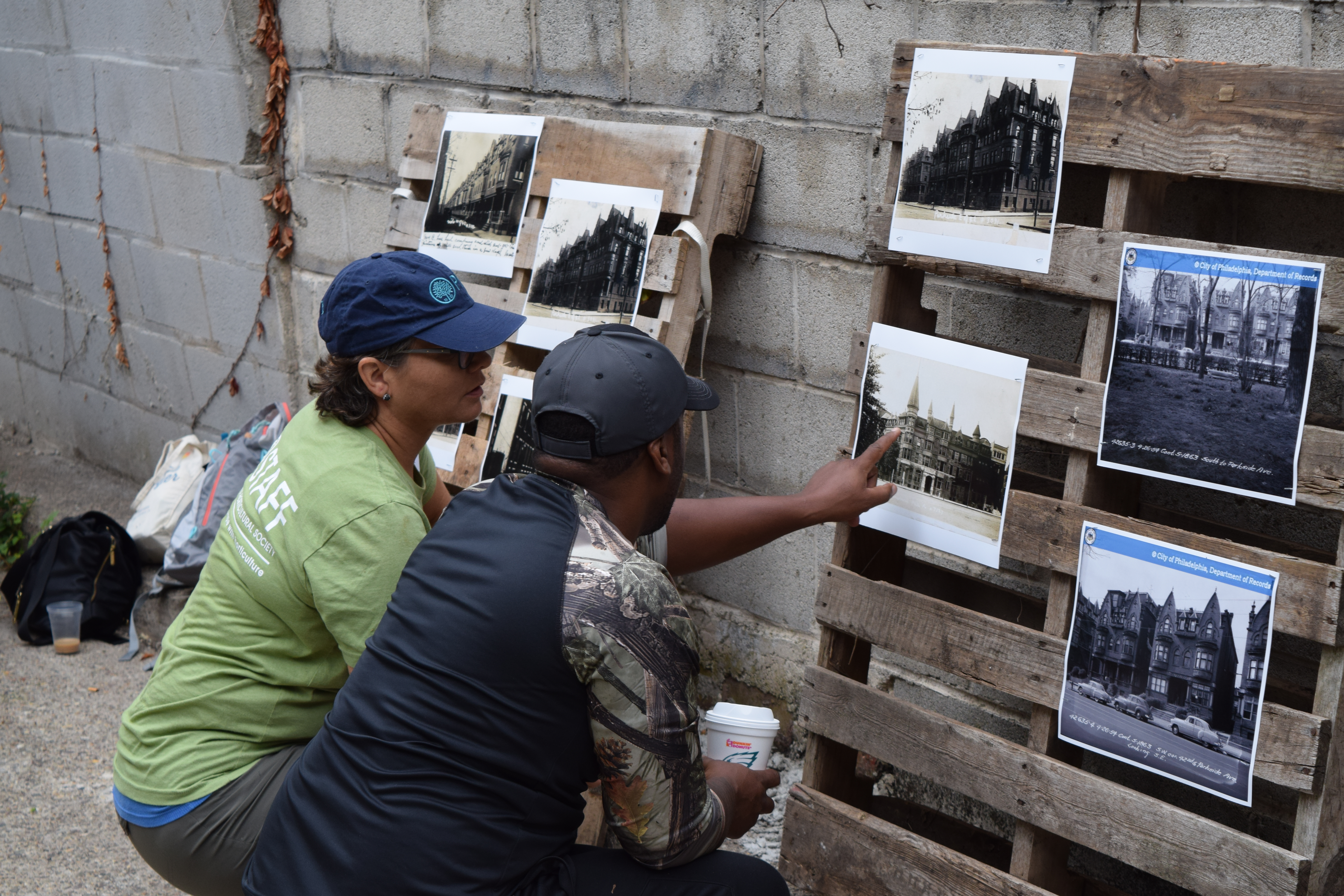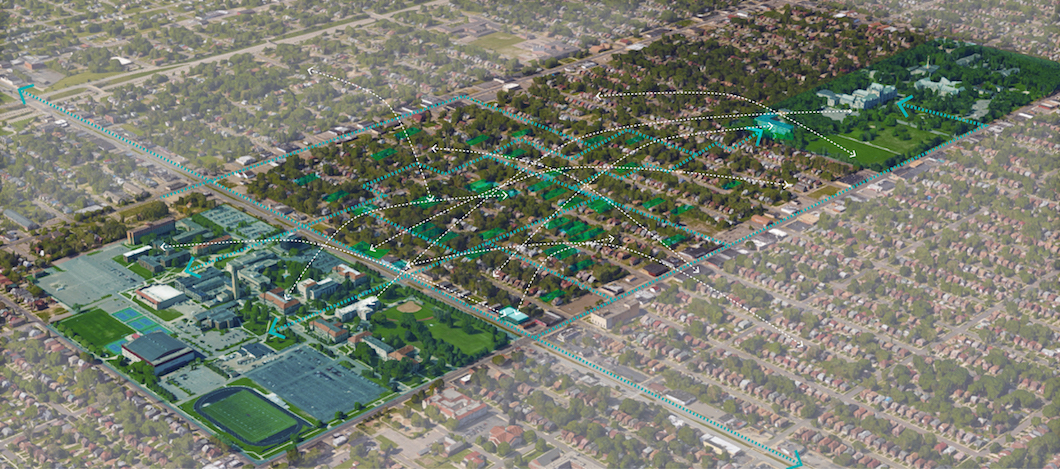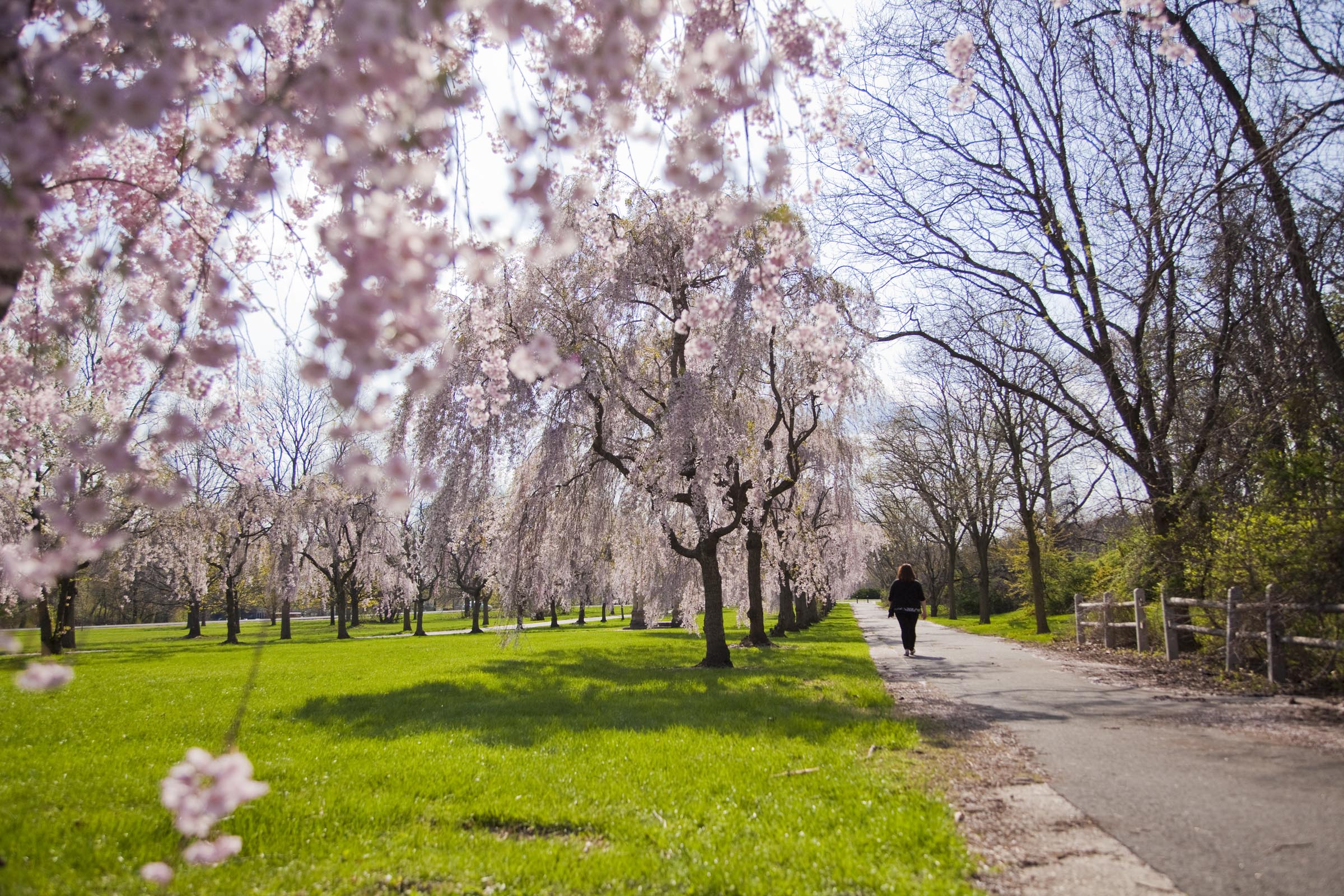
From isolation to interdependence: How Reimagining the Civic Commons is connecting Philadelphia
Christopher Scott is president of the Centennial Parkside Community Development Corp., a Philadelphia partner in the Reimagining the Civic Commons national initiative.
Of the many nicknames for Philadelphia, the “City of Neighborhoods” is the nickname that aligns most closely with my understanding of the city. Those neighborhoods are many and they are diverse. My mother grew up in one of these neighborhoods in the 1950s and she often describes it as wholly self-sufficient, meaning all her livelihood, entertainment and civic engagement needs could be met within the boundaries of East Parkside. During that era, my mother’s experience was not unique; most of Philadelphia’s neighborhoods functioned as self-sufficient beehives of activity.
However, there is a paradoxical side of that same coin, which is that those same neighborhoods, and by consequence their residents and their civic assets – parks, recreation centers, trails and more – were unintentionally deeply isolated. That same neighborhood my mother grew up in – the one where I now lead an upstart community development corporation (CDC) – remains isolated. The difference now is that the neighborhood is no longer self-sufficient due to decades of disinvestment that have left the neighborhood devoid of livelihood services, so our residents are more conscious of their isolation and often view that isolation despairingly.
To be sure, East Parkside still has extraordinary assets, including some of the most treasured architecture in the city and renowned civic institutions. The challenge, then, is how an isolated community can connect its assets to the larger community and – by extension – leverage the assets of the larger whole. And that’s where the civic commons takes root.

Admittedly, when our CDC was first invited to participate in Reimagining the Civic Commons, my understanding of the initiative was limited; I thought it was principally a resident-centered community engagement strategy for individual sites in the civic commons area. For example, two years prior to groundbreaking on a multimillion-dollar investment in Centennial Commons (one of the five sites in Philadelphia’s Civic Commons Collective), our residents were involved in the programmatic design of where and how those investment dollars would be spent.
I soon learned this resident-centered community engagement approach was an intentional part of the civic commons strategy, to drive resident ownership of the development process. As a result, our residents now have an equity stake in the outcome of institutionally driven capital investments. This is revolutionary in community development, where too often residents are on the back end of decision-making.
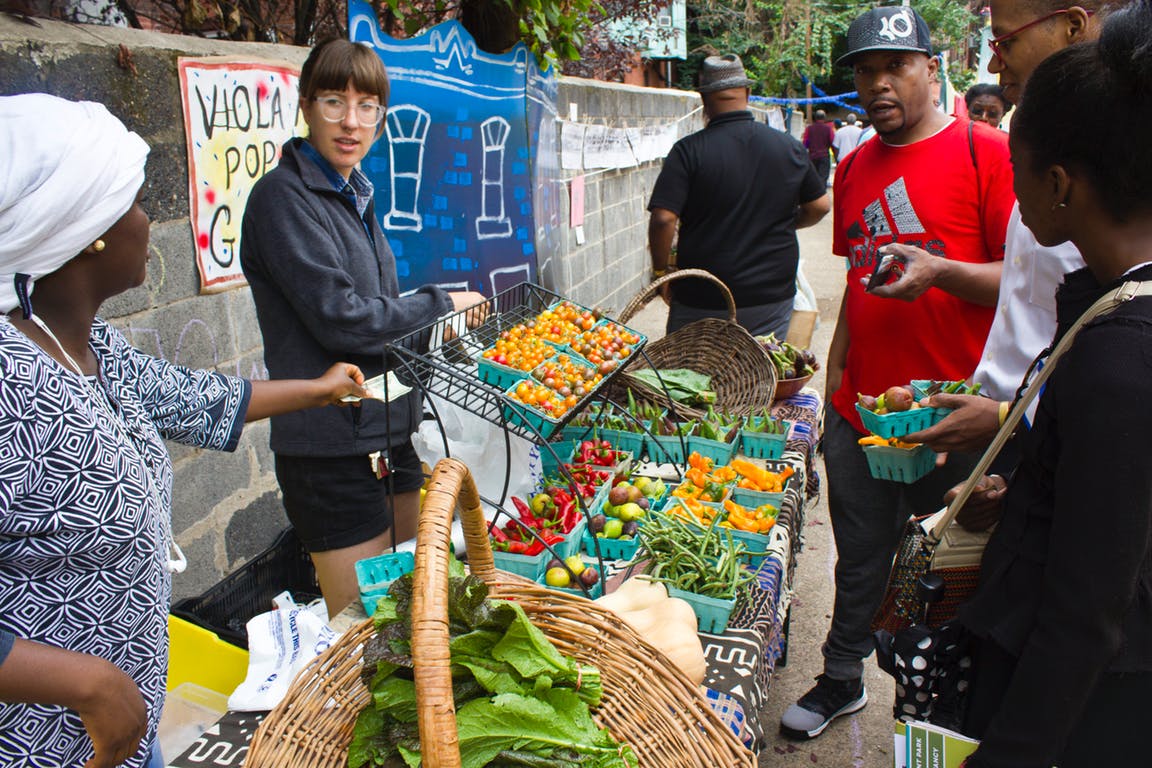
As time progressed, my understanding of Reimagining the Civic Commons expanded. I now see it as an approach to eliminating the isolating effects (whether intentional or unintentional) that have been a mainstay of Philadelphia neighborhoods, by strengthening the interdependence of individuals and civic assets across all five sites. As a result, I now lead a CDC actively offering its resources to the larger collective of sites. The members of the collective in turn offer their skills and resources to our neighborhood and our residents.
Maybe it’s okay that the East Parkside of my mother’s childhood is no longer independent. Actually it might be perfect. The Reimagining the Civic Commons experiment in which we are engaged has enabled a deeper appreciation and connection to the resources available around us. Instead of a beehive of isolated self-sufficient neighborhoods, we are becoming a more connected ecosystem, a “City of Neighborhoods” that elevates the role of residents in shaping their futures. In a diverse city like Philadelphia, the benefits of that interdependence is tangible progress toward a more equitable city.
For more about Reimagining the Civic Commons, visit civiccommons.us.
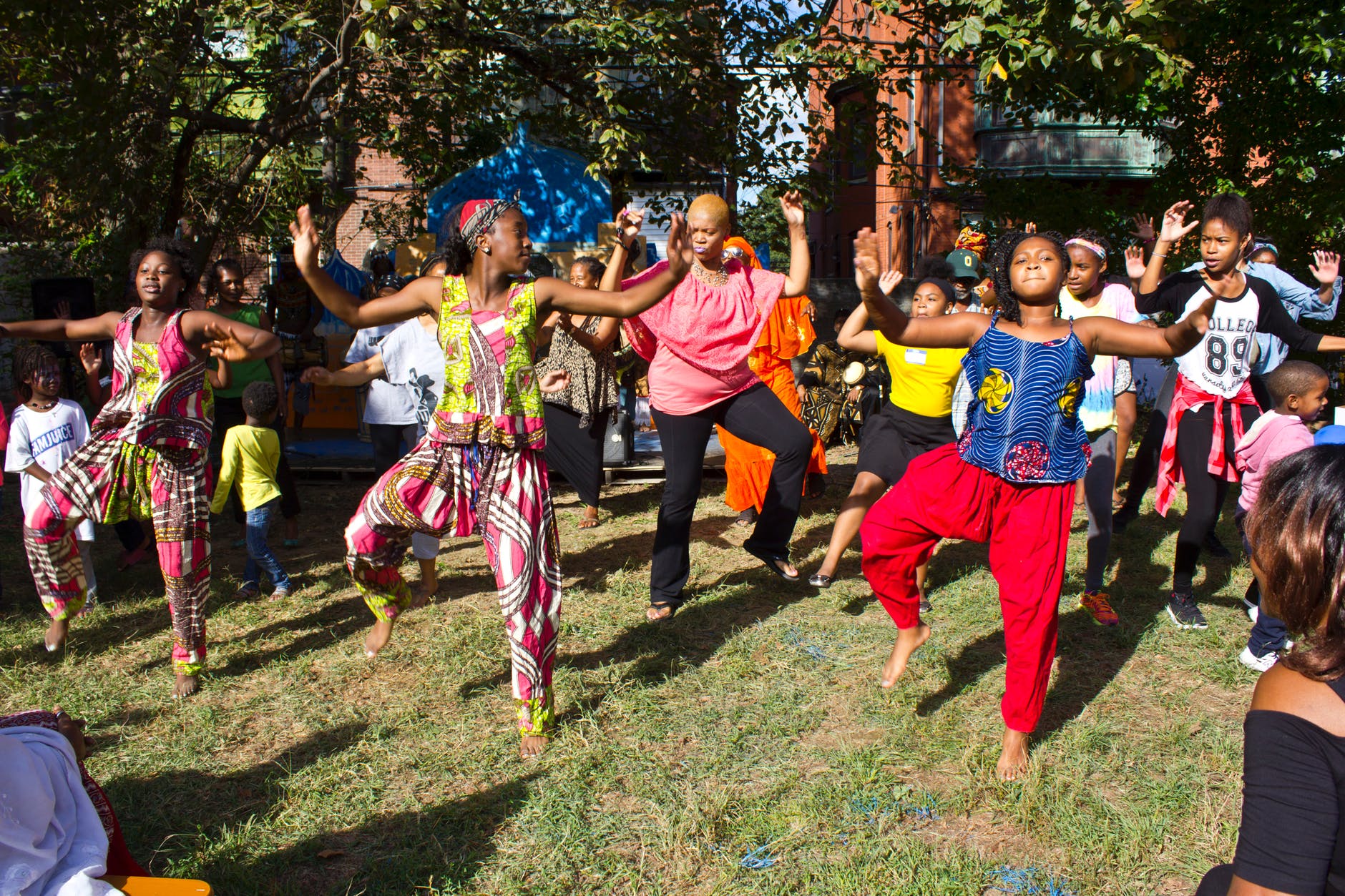
-
Community Impact / Article
-
Community Impact / Article
-
Community Impact / Article
-
Community Impact / Article
-
Community Impact / Article
-
Community Impact / Article
-
Community Impact / Article
Recent Content
-
Community Impactarticle ·
-
Community Impactarticle ·
-
Community Impactarticle ·
